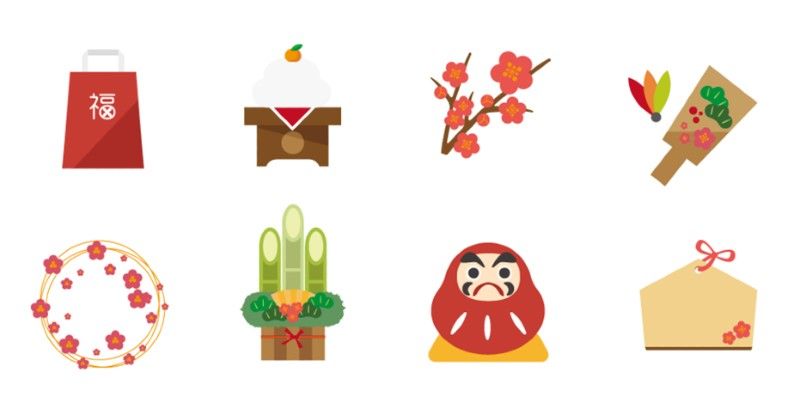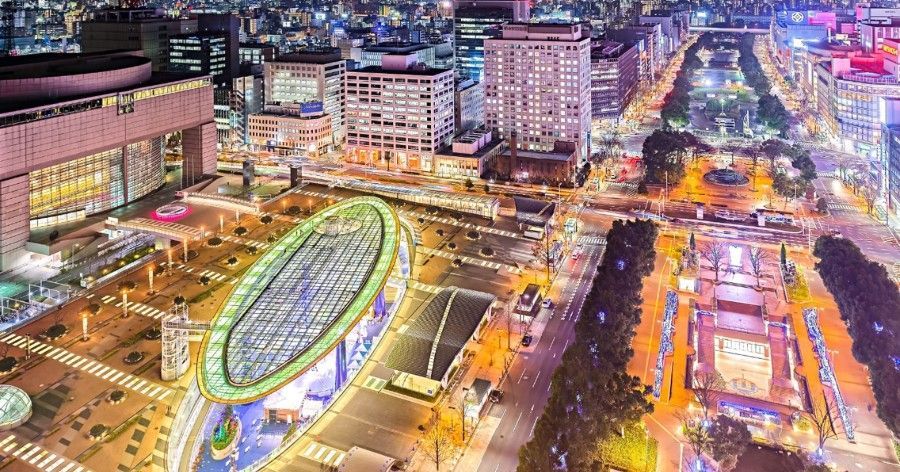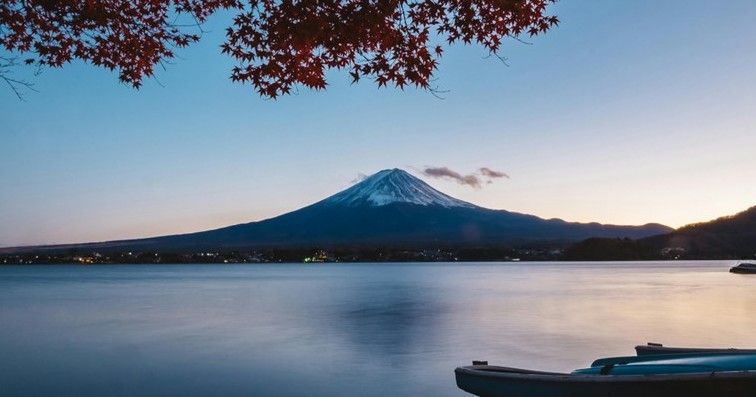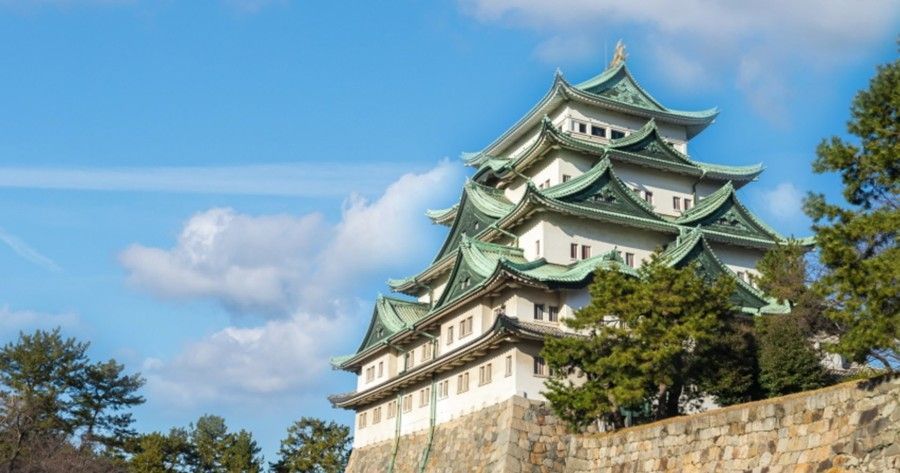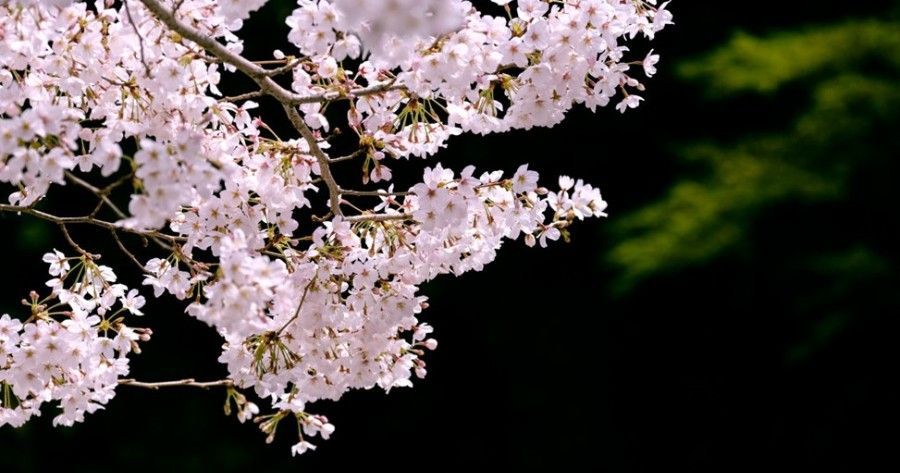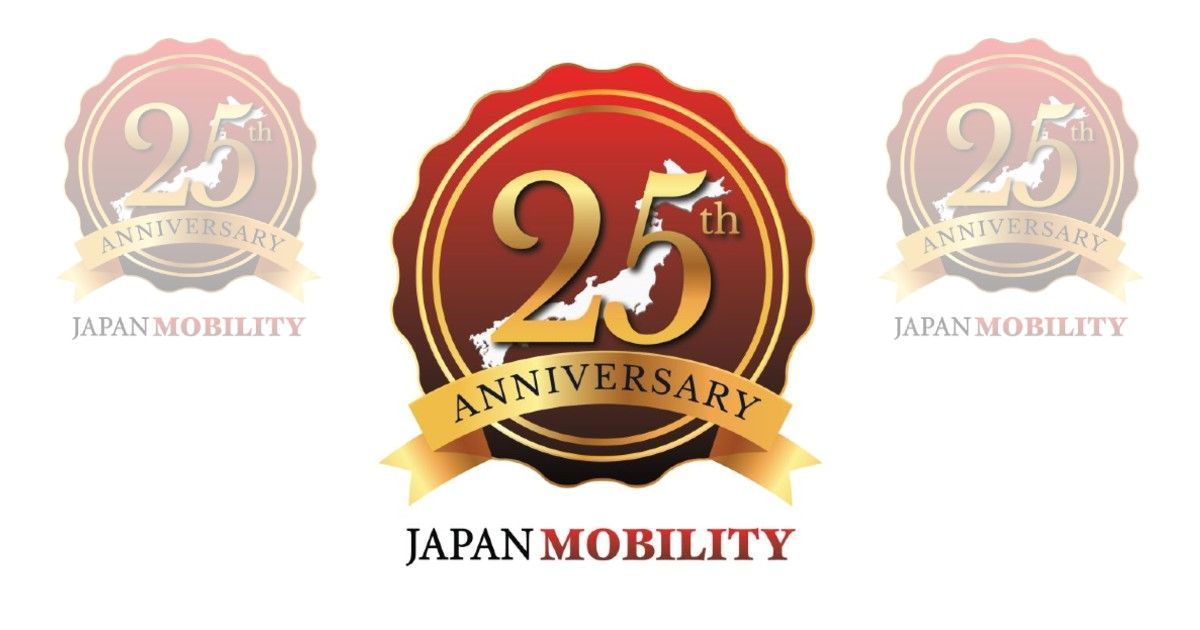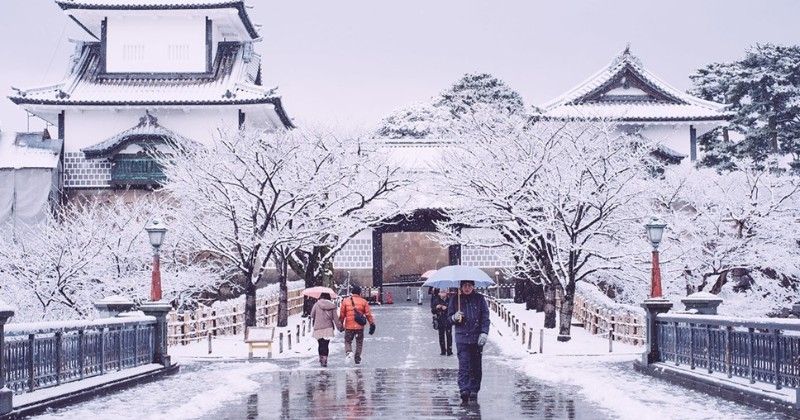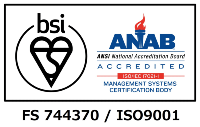Getting Married in Japan
You've decided to get married. Hooray! What's next? Many prospective newlyweds will find out very quickly how much of a convoluted mess official and unofficial sources of information can be when it comes to getting a spouse visa.
The truth is, it all varies slightly; the information in Japanese, the information in English and most unfortunately, the variation in the process depending on your nationality.
So why is it so hard and why don't any of the older gaikokujin (foreigners) know how to help? Well, the whole process used to be a lot easier. Unfortunately, in modern times, certain criminal activities have cropped up around this visa, such as paying off Japanese nationals to marry overseas individuals in order to get the spouse visa and then divorce when they have the right to a fast-track permanent residency. Because of this, you now have to jump through some mendokusai (annoying) hoops to marry the man or woman of your dreams in Japan.
The first step is to know exactly what you want. Do you just want to be legally married in the eyes of the Japanese and your home country's law? In which case this is very easy to do, go straight to step 1, 2 and 3 below. If you want to get the spouse visa after that, then this is a completely different endeavor that requires a little more time, sweat and (happy) tears.
Here is my 4-step crash course on getting married in Japan - the boring and important stuff anyway; the ceremony is up to you.
Step 1: Birth Certificate
You need your birth certificate from your home country. You can get this from your local county (prefecture, region, state, etc.) website and is likely to take a number of weeks to get to you. My region offered a fast track to my parents' home which was then kindly sent to me via airmail, making the whole ordeal 10 days.
This can be a bit costly depending on where you live, so look out for whatever works for you. I wouldn't recommend taking your absolute original as it's likely the ward office will take it from you.
Remember to bring the real thing and a printed copy with a Japanese translation of everything written on the birth certificate. Handwritten is acceptable.


Step 2: Your Home Country's Embassy: Affidavit, Affirmation
The next step is to get an affirmation for marriage (also called affidavit/clearance for marriage) etc. from your embassy. Check the homepage of your home country in Japan, and search for ‘marriage’ in the search bar. Here you will be able to download an application form for the affidavit which you should fill in and print out.
Next, you should check with your embassy how to book an appointment for receipt of the document. Usually you can do this online on the same page as your application download. If you get lost, try to call them via the official number provided on their website.
Embassy hours are the cushiest in the world with them hardly only working half a day, 3 days of the week so booking in advance is necessary in order to enter the facility- you may have to miss a day of work to do so.
IMPORTANT DOCUMENTS TO BRING TO APPOINTMENT:
- Passport
- Birth certificate
- Your Foreigner Registration Card (在留カード)
- Cash for the relevant fees - you can pay in Yen but check the website before you go (US, UK, Australia)
Step 3: Ward・City Office
IMPORTANT DOCUMENTS:
- 婚姻届 - marriage certificate. You can get this directly from the city office, however you will need 2 witnesses to stamp your paper for you, this is usually the 2 fathers but if this isn't possible, anybody is okay.
- Foreign spouse's birth certificate
- Passport
- Foreign Residence Card
- 戸籍謄本 - family register. (For a Japanese partner. They will need to get this from their home ward)
- ID and Hanko (Japanese partner)
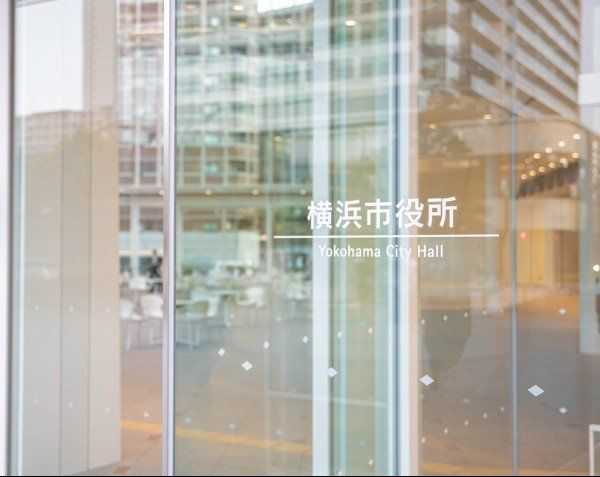

Step 4: Spouse visa and the immigration office
This is the big part. You need to accumulate a lot of you past chat history showing your long-term relationship, events, notes of affection (yes, it is extremely invasive), and photos together with family or at big events. If you've already had a ceremony at this point, that's your golden ticket but if not it's not a deal breaker.
Here are the documents each partner must prepare.
Both/Either:
- Chat history
- Photos together at significant events/ with family
- ¥4000 revenue stamp (ask at post office)
Foreign Partner:
- Passport
- 在留期間更新許可申請書 (Japanese Visa renewal form)
- Photo 4 x 3 (within 3 months, they are very strict so white background, nothing obstructing your face) *Write your name behind the photo then stick it on the paper. This is if they lose your photo they’ll know who you are.
- 課税証明書, Tax certificate for tax the government has asked of you.
- 納税証明書, Tax certificate of the tax you’ve actually paid.
These tax certificates can be obtained from your city office for about ¥300 to ¥400 yen each depending on where you live. If you're not paying, it's going to be a lot harder to get accepted for the visa.
OPTIONAL:
- 在職証明書 - proof of employment. You can get this from your place of work and will help your application.
Japanese Partner:
- 戸籍謄本 - new residence registry with the married couple mentioned. You can get this from the city office.
- 質問票 - questionnaire - Spousevisa.jp has a great template to help you with this part of the process.
- 身元保証書 - guarantorship letter. Templates available online.
- 住民票 - juminhyo (with my number). Get from city office.
- 課税証明書 - tax certificate for tax the government has asked of you.
- 納税証明書 - tax certificate of the tax you’ve actually paid.
Final pointers: your affidavit needs to be translated into Japanese. You can do this by literally hand writing over a copy in Japanese or attaching a fully translated piece along with the documents.
Timing: you should apply for the spouse visa within the 3 months before the end of your visa term.
Don't be disappointed if you get one year on your first try, it can take several attempts to get 3 years despite timely tax payments, a Japanese proficiency certificate and general good behavior. In the same vein it's not uncommon to find new grads with a great smile and an internship getting 5 years out the gate, thus is the way of the Japanese immigration behemoth.





